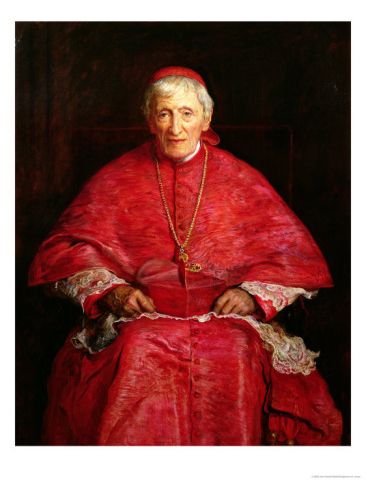Prophetic Witness of the Laity in the Present Crisis of the Church
Sep 6, 2018 ·
6m 59s

Download and listen anywhere
Download your favorite episodes and enjoy them, wherever you are! Sign up or log in now to access offline listening.
Description
In a recent article Rev. James Schall, SJ. asks if the present sexual abuse crisis is the greatest upheaval of the Church since the Protestant Reformation. I would argue that...
show more
In a recent article Rev. James Schall, SJ. asks if the present sexual abuse crisis is the greatest upheaval of the Church since the Protestant Reformation. I would argue that in some sense this crisis is worse. It is a very deep moral and doctrinal crisis connected with grave faults of commission and omission by the Church’s shepherds.
Many refer to the current crisis as a purification by God of His Church, a reality that reminds us of Jesus’ purification of the Temple. The instrument of this purification has been, as in 2002, the voice of the public media and the courts, rather than the Church’s bishops. God established in the Church an office for teaching, sanctifying,and governing. Many pastors have seriously failed in their duties. Each pastor needs to examine his own actions.
In light of the public silence of the overwhelming majority of US bishops to this crisis we must ask: What is the role of the faithful laity in this purification? Like the clergy they share, in their own way, in the triple gifts or Office of Christ. As baptized members of the Body of Christ the laity participate in Christ's priesthood, in His threefold office of teaching, sanctifying and governing. They must safeguard the faith and the spiritual life, and as much as possible, the material well-being of the faithful.
The laity not only teach the faith at home but in schools, universities, and seminaries. Lay people work in ecclesiastical tribunals and chanceries in ways sanctioned by canon law. And in living their own vocations they sanctify themselves and others: they sanctify the Church.
In a special way the laity strengthen and safeguard tradition. As Blessed Newman explained they serve as witness of what the Church believes and has always believed. Furthermore they do so by holding the clergy accountable, both in the daily exercise of their commission as well as in matters of greater importance.
No one in the Church is above the truth. No one is above the moral law. There are times when lay persons must speak the truth boldly to oppose grave abuses by the teachers of the faith. Two notable examples in Church history, although different in nature, are those of St. Catherine of Siena and St. Thomas More.
In the Gospel Jesus enjoins His followers to correct one another when necessary, and He specifies that when someone does not accept correction, that person should be denounced publicly. Jesus’ words are not addressed to the clergy; they are addressed to all of His followers.
The faithful laity are called to exercise a prophetic defense against evil actions in the Church. To correct bishops, the pope included, the laity must e
show less
Many refer to the current crisis as a purification by God of His Church, a reality that reminds us of Jesus’ purification of the Temple. The instrument of this purification has been, as in 2002, the voice of the public media and the courts, rather than the Church’s bishops. God established in the Church an office for teaching, sanctifying,and governing. Many pastors have seriously failed in their duties. Each pastor needs to examine his own actions.
In light of the public silence of the overwhelming majority of US bishops to this crisis we must ask: What is the role of the faithful laity in this purification? Like the clergy they share, in their own way, in the triple gifts or Office of Christ. As baptized members of the Body of Christ the laity participate in Christ's priesthood, in His threefold office of teaching, sanctifying and governing. They must safeguard the faith and the spiritual life, and as much as possible, the material well-being of the faithful.
The laity not only teach the faith at home but in schools, universities, and seminaries. Lay people work in ecclesiastical tribunals and chanceries in ways sanctioned by canon law. And in living their own vocations they sanctify themselves and others: they sanctify the Church.
In a special way the laity strengthen and safeguard tradition. As Blessed Newman explained they serve as witness of what the Church believes and has always believed. Furthermore they do so by holding the clergy accountable, both in the daily exercise of their commission as well as in matters of greater importance.
No one in the Church is above the truth. No one is above the moral law. There are times when lay persons must speak the truth boldly to oppose grave abuses by the teachers of the faith. Two notable examples in Church history, although different in nature, are those of St. Catherine of Siena and St. Thomas More.
In the Gospel Jesus enjoins His followers to correct one another when necessary, and He specifies that when someone does not accept correction, that person should be denounced publicly. Jesus’ words are not addressed to the clergy; they are addressed to all of His followers.
The faithful laity are called to exercise a prophetic defense against evil actions in the Church. To correct bishops, the pope included, the laity must e
Information
| Author | Cardinal John Henry Newman |
| Website | - |
| Tags |
Copyright 2024 - Spreaker Inc. an iHeartMedia Company
